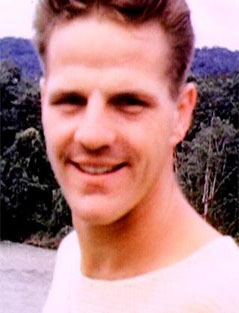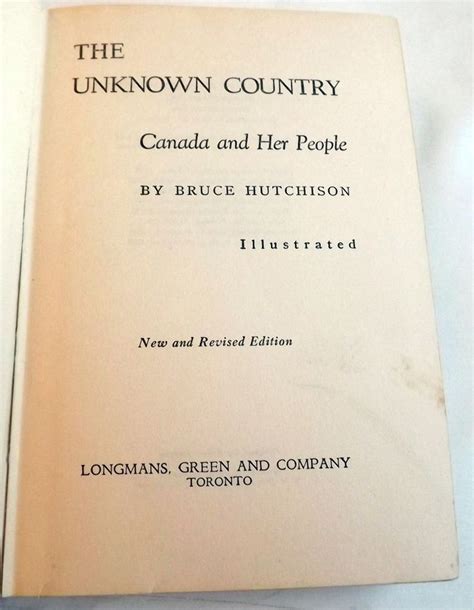A Quote by James Madison
The most that the Convention could do in such a situation, was to avoid the errors suggested by the past experience of other countries, as well as of our own; and to provide a convenient mode of rectifying their own errors, as future experience may unfold them.
Related Quotes
Progress is the exploration of our own error. Evolution is a consolidation of what have always begun as errors. And errors are of two kinds: errors that turn out to be true and errors that turn out to be false (which are most of them). But they both have the same character of being an imaginative speculation. I say all this because I want very much to talk about the human side of discovery and progress, and it seems to me terribly important to say this in an age in which most non-scientists are feeling a kind of loss of nerve.
We think we know what we are doing. We have always thought so. We never seem to acknowledge that we have been wrong in the past, and so might be wrong in the future. Instead, each generation writes off earlier errors as the result of bad thinking by less able minds - and then confidently embarks on fresh errors of its own.
In my own experience I have found that the most extravagant dreams of boyhood have not surpassed the great experience of being in the Will of God, and I believe that nothing could be better. That is not to say that I do not want other things, and other ways of living, and other places to see, but in my right mind I know that my hopes and plans for myself could not be any better than He has arranged and fulfilled them. Thus may we all find it, and know the truth of the Word which says, He will be our guide even until death.
We ought not to look back, unless it is to derive useful lessons from past errors, and for the purpose of profiting by dear bought experience. To enveigh against things that are past and irremediable, is unpleasing; but to steer clear of the shelves and rocks we have struck upon, is the part of wisdom, equally as incumbent on political as other men, who have their own little bark, or that of others, to navigate through the intricate paths of life, or the trackless ocean, to the haven of security and rest.
The study of the errors into which great minds have fallen in the pursuit of truth can never be uninstructive. . . No man is so wise but that he may learn some wisdom from his past errors, either of thought or action, and no society has made such advances as to be capable of no improvement from the retrospect of its past folly and credulity.
































